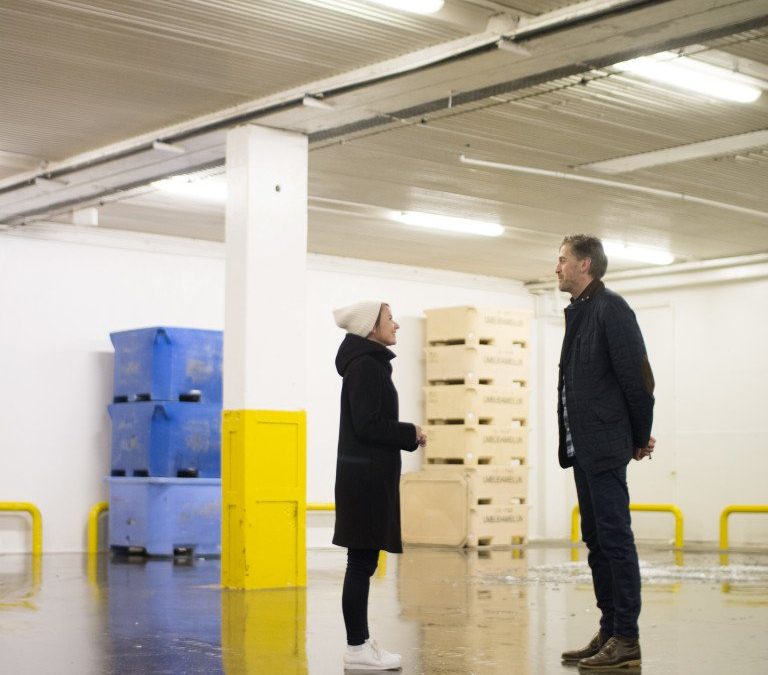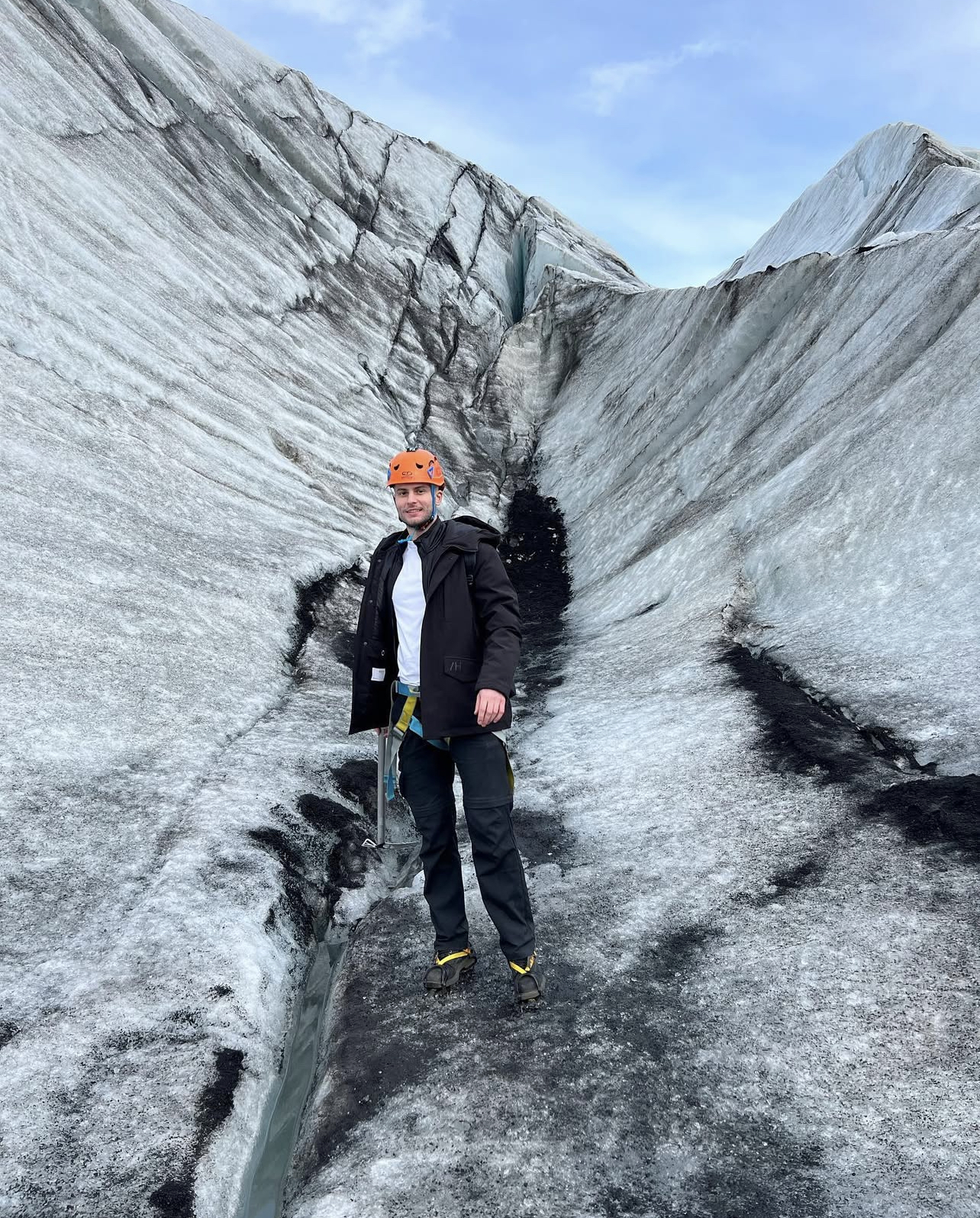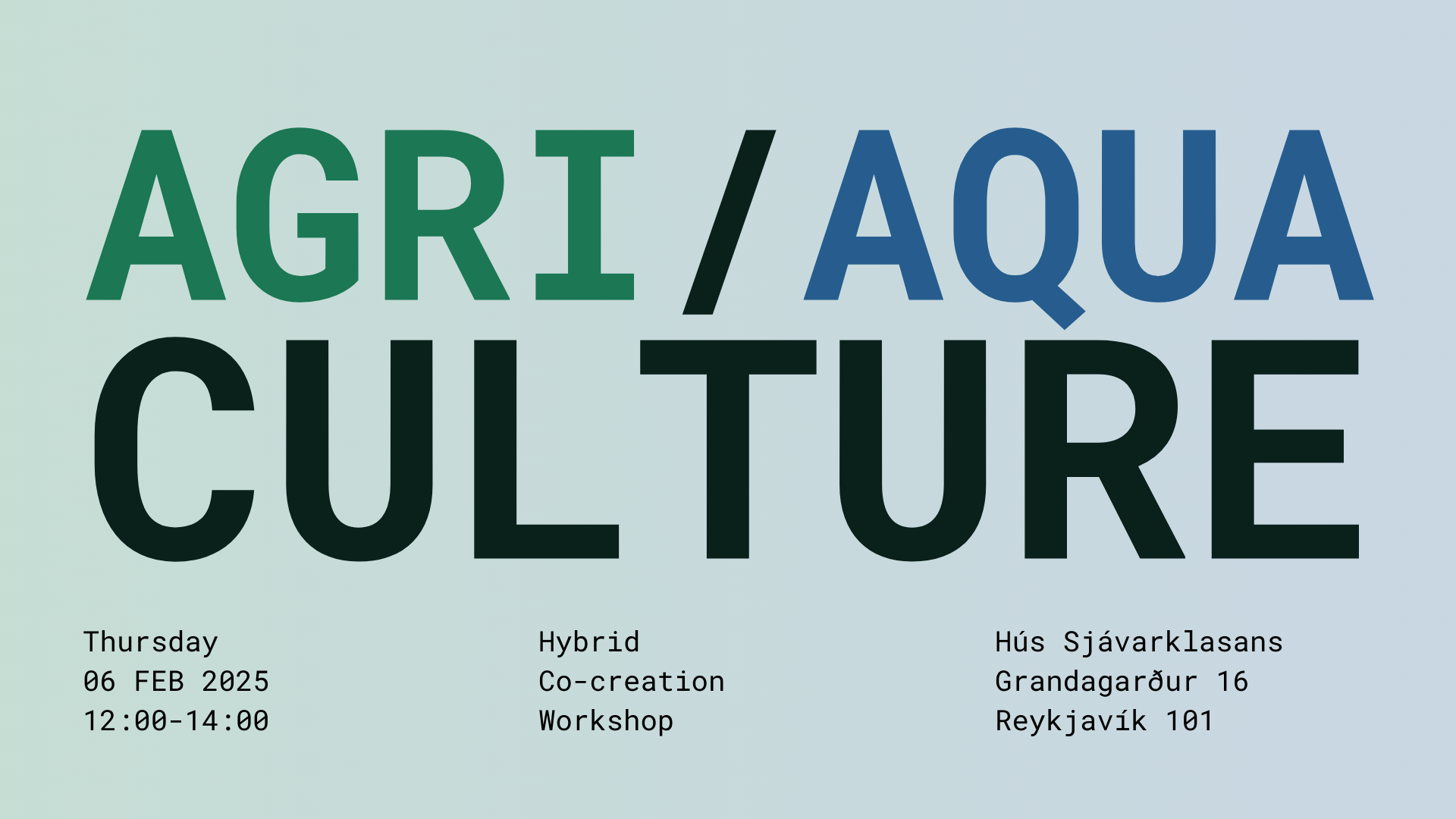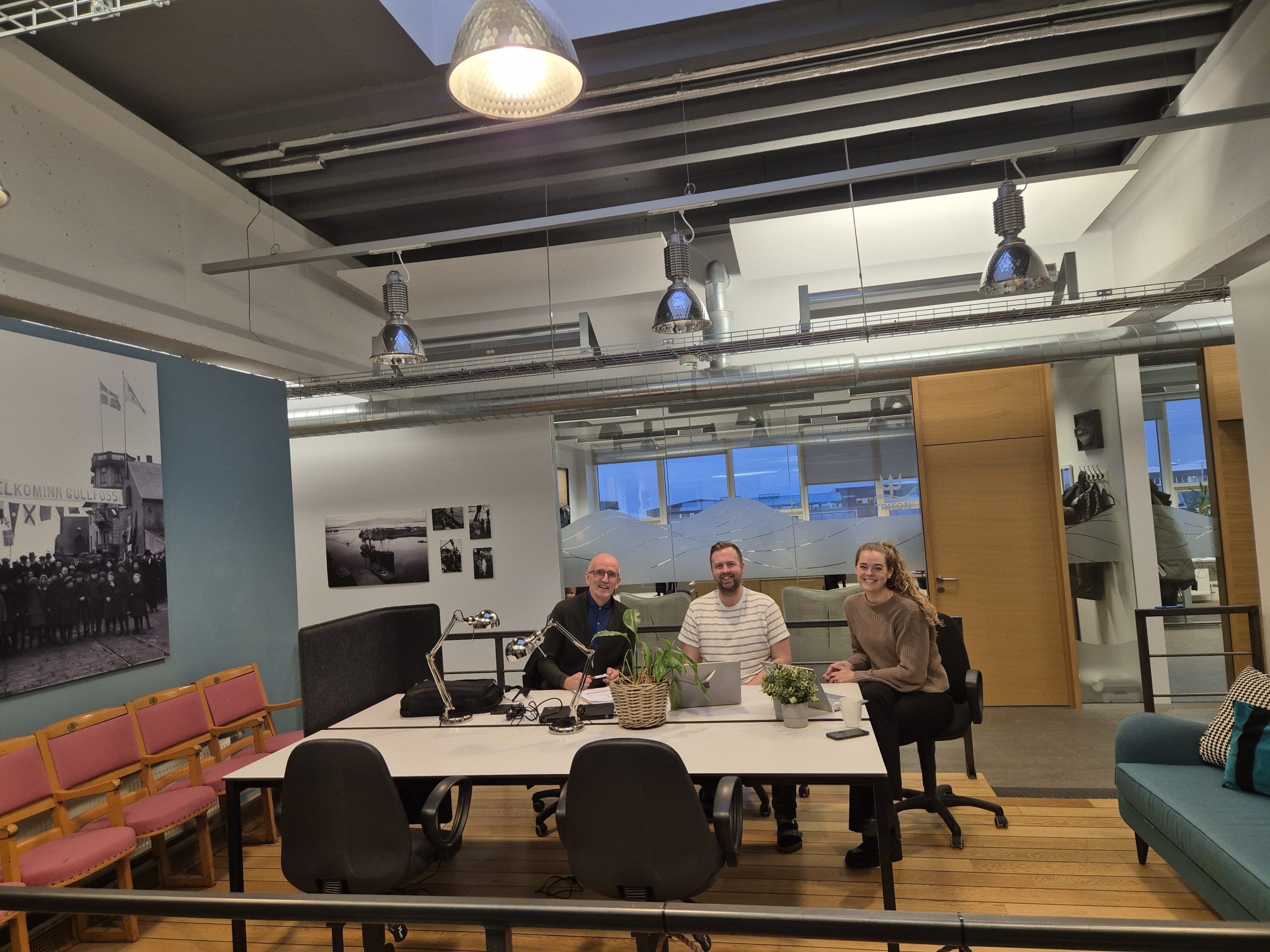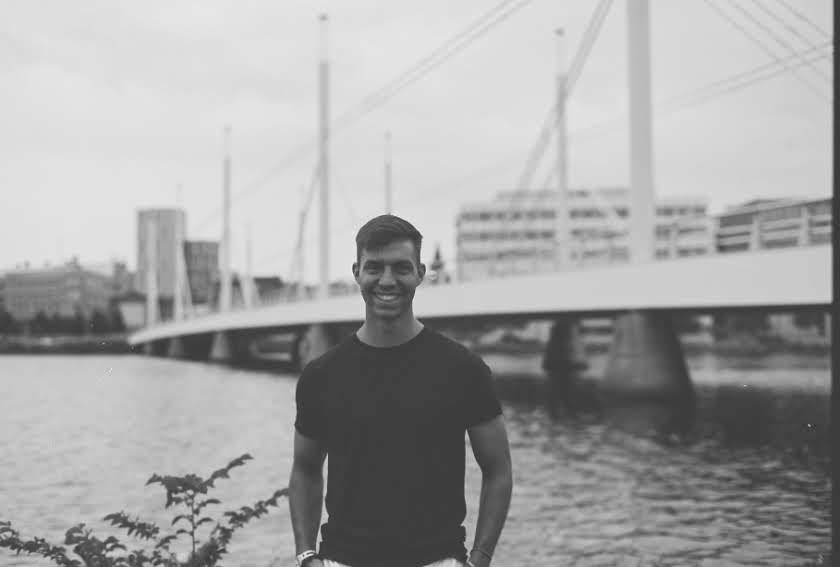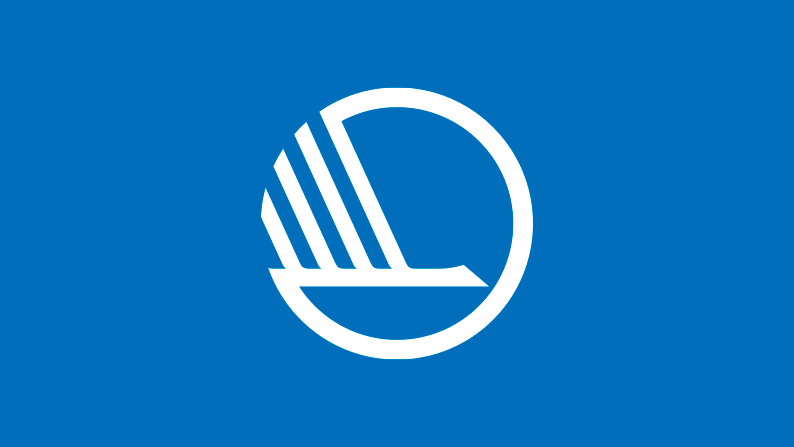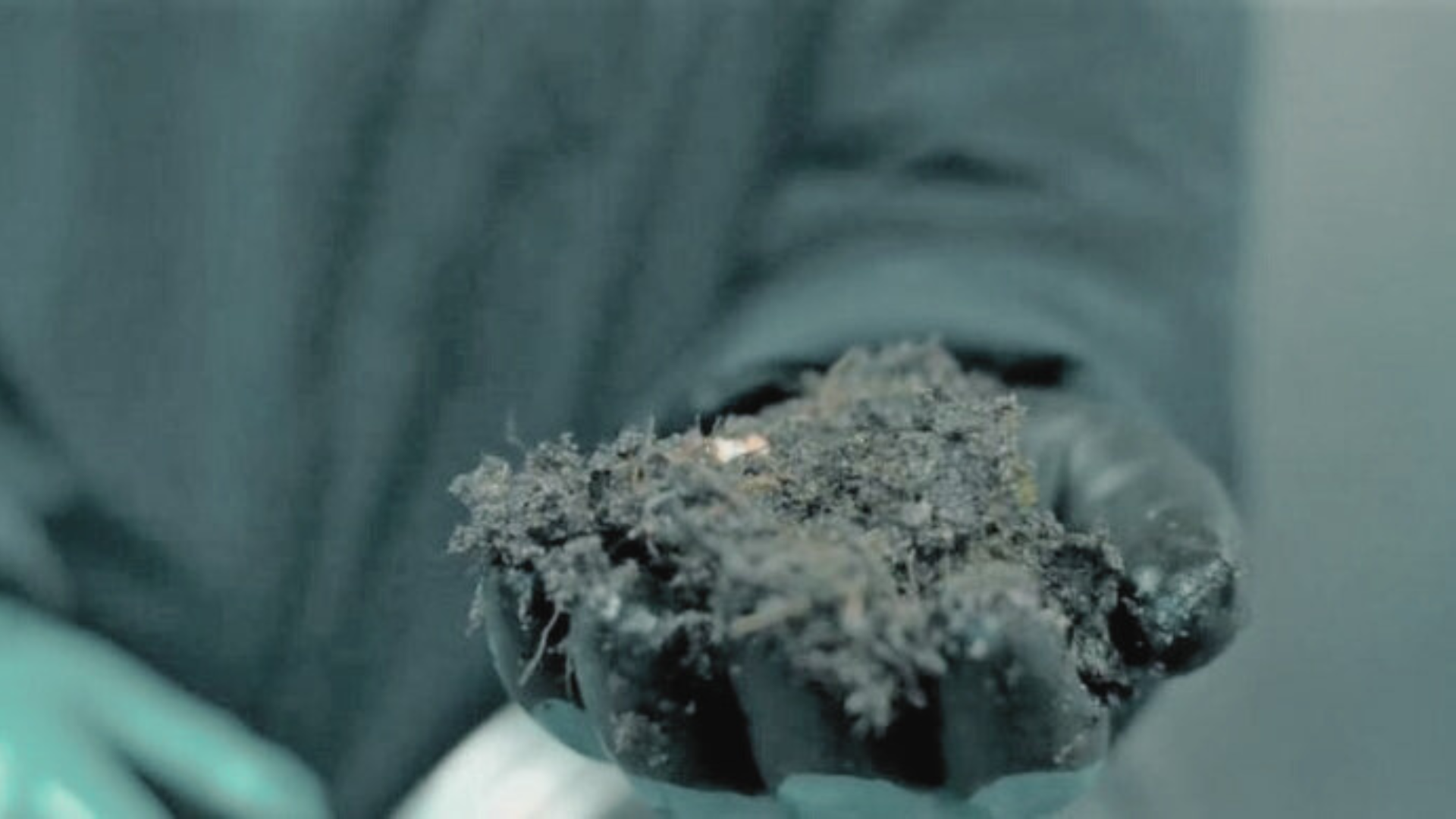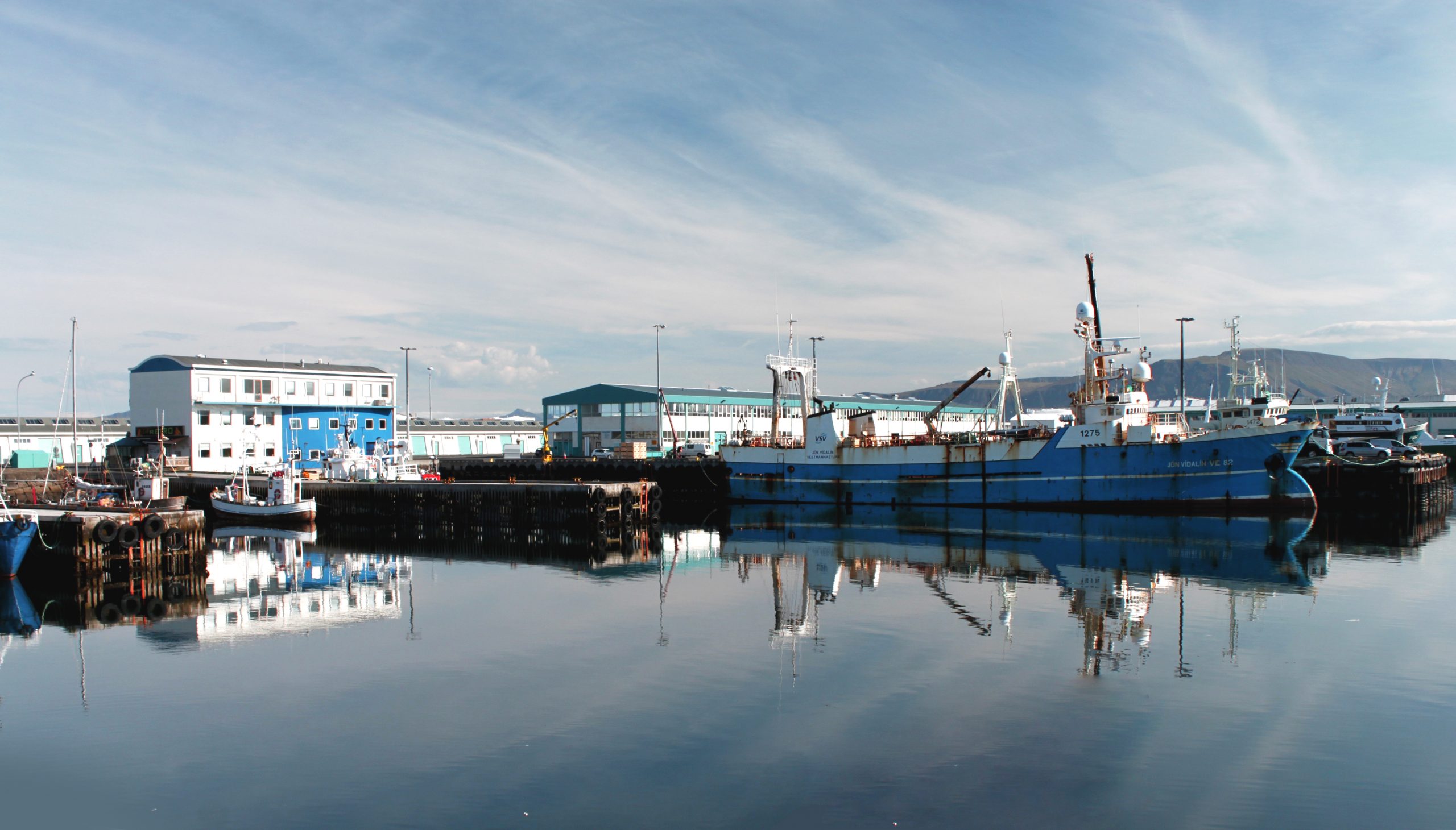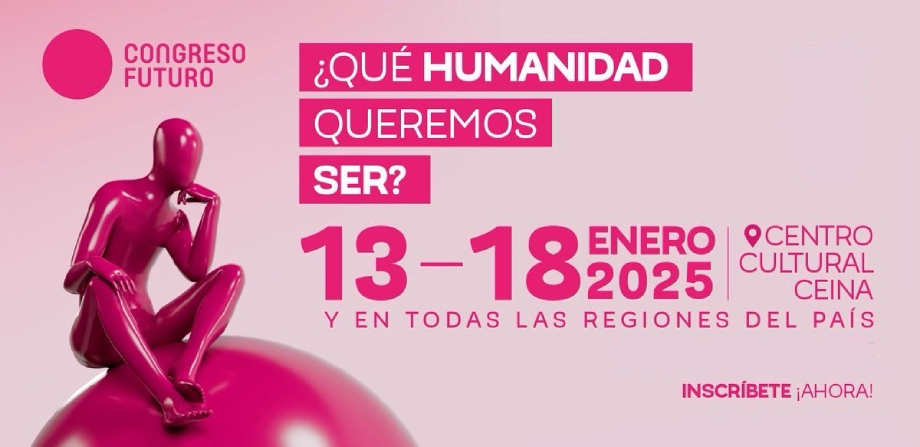Published in HA Design Magazine on December 17 (Click here to read on ha-mag.is)
Words: Arnar Fells / Photos: Ragna Margrét
***
The traditional image of the fishing industry does not hold water in the Iceland Ocean Cluster. Located in the Grandi harbor, the fishing warehouse turned creative cluster now houses over 60 start-ups, working hard to forge new paths in maritime business and sustainable fishing. From skincare products to pharmaceuticals, sea salt to processing solutions, it is here that the fishing industry of the future is being developed.
The Next Generation
The Ocean Cluster’s central headquarters are appropriately situated on Grandi point by the Reykjavik harbor. Boats lie moored to the piers behind it, and across the street sits a row of old bait shacks. The interior of the building, however, is an entirely different matter. The entire length of the building is divided into offices and meeting rooms with glass partitions. Every minor detail speaks to artistic arrangement, with every table and chair a designer piece, most of them Icelandic in origin. It is instantly clear that design is important to every aspect of what is done here. Þór Sigfússon, founder and CEO of Iceland Ocean Cluster, walks us through the building and explains how the company’s work will bring the Icelandic fishing industry into the future. “We have entrepreneurs working here, doing maritime-related work. We don’t see ourselves as a research center; we are, first and foremost, a commercial hub where startups can develop their ideas.”
Þór says it often surprises people to learn of the building’s small gender gap and broad age range. “The fishing industry’s enduring image as being overwhelmingly masculine is simply inaccurate. We want to present the fishing industry with its next generation and foster innovation within it, which has in many ways fallen by the wayside. There’s been some innovation at certain companies, sure, but there’s a lot of untapped potential out there. Nowhere is this more evident than in the fact that there are dozens of companies working in this building that no one’s ever heard of.”
The Business Model
Contrary to popular belief, Ocean Cluster is not powered by grant money, with only a small portion of its income originating in the fishing industry. Rent money, financial consulting and investments in the startups themselves are what generates most of IOC’s profits. Ocean Cluster is a private company that rents out office space to startups with maritime-related business ideas and generates revenue by connecting companies and disparate fields.
“Ocean Cluster is a kind of ‘spin-off factory’ for a group of smaller companies that all work under the same roof. You could think of the business model as being a kind of sharing economy where companies work closely with each other in a small community, sharing what they have: workspace, meeting rooms, equipment, technical expertise, designers, market experts and various other things. It’s an arrangement that lends well to cooperation between people from different fields, encourages them to work together and often has entertaining results,” Þór says, and explains how such an environment can be of great value to smaller companies that wouldn’t ordinarily be able to afford expert consultation.
Ocean Cluster brings individuals together and assists in the creation of new companies. Midsized companies will frequently bring new ideas there with idea of growing them in fertile soil. This is where Ocean Cluster comes in, bringing the idea to fruition. “There’s a great wealth of experience and knowledge under one roof here that helps us bring together companies and investors, and offer them the kind of expert advice and networking that you can’t really put a price on,” Þór explains. “In return, Ocean Cluster will often become a shareholder in the fledgeling company, so it’s in our best interest to help them out. And then we always have the option of selling our shares when the company’s gotten on its feet properly.”
The Role of Design
Þór says he’s dismayed at the frequent rift between designers and the professional sector. “For example, it took me years to realize how important it is to have a designer in the room at the initial stages of all development and decision-making that happens in a company. It’s important to any company that wants to go far. You hardly ever see a company develop a long-standing relationship with a designer, which would necessitate a reversal of the old way of thinking. You can’t just pick up the phone and call a designer when you need an ad for this year’s holiday season. The idea of fostering a close, long-standing relationship with designers needs to be imprinted on the very core of a company.”
Ocean Cluster’s chief designer is the Finland-born Milja Korpela, who has degrees in both packaging and brand design. Korpela is involved in most all design-related aspects, from interior design all the way down to the directional signage in the building’s hallways. Korpela worked with architects Steinunn Guðmundsdóttir and Halldóra Vífilsdóttir on the interior of the Ocean Cluster building. Experience design and maximal allocation of available space were central to every aspect of their work. Recent Icelandic design is prominent in the building, as Korpela wished to show her support for living Icelandic designers who incorporated oceanic themes into their work. Examples include clothes and lamps made of fish scales, lights made of buoys, chairs and tables made out of rope and driftwood, to name a few.
“We want to use design thinking in everything we do—we believe design’s place lies in the core of the company, it has to be at the heart of the decision-making process. I see design as problem-solving—and when it is combined with creative solutions it can take companies to another level. In today’s world, where megatrends shape our consumer behaviour, we see that we have to be up to date, on the edge of the wave,” Korpela says.
When new startups come to Ocean Cluster, or are founded within its walls, they are often in need of designers. This is where Korpela comes in, either offering advice to the new company or working directly on designing its image. “We guide the companies through their first steps, as there’s a lot of aggregated experience in this building. Right now, I’m doing design work for seven of the companies here. I do everything from branding and logos for websites to export packaging,” Korpela says, adding that almost all of the companies work closely with designers, and a few of them have designers sitting alongside their CEOs, playing major roles in their decision-making processes. One example is the engineering consulting firm NAVIS, where a number of boat and automobile designers work. Design is central to the chocolatiers at Omnom, and at Ankra food supplements, a designer sits alongside the CEO, helming their flagship product, Collagen.
Creating New Projects
At Ocean Cluster, startups often develop in unexpected directions when they find common ground with other companies based there. Þór says it’s not uncommon for people to come in with an idea, only to have drifted very far from that idea and even started a new company only a few months later. “People here are attracted to that kind of juxtaposition. I recently had a meeting with some people who were interested in setting up shop here, but demanded to have curtains put up in front of all their windows, as what they were working on was top secret. I told them they’d come to the wrong place. Everything here is about communication and cooperation.”
Cross-company cooperation is very common at Ocean Cluster. In 2012, seven companies there started a dialogue on how better to utilize Iceland’s cod, and a result, Codland was born. Their goal is to achieve a 100% utilization ratio for all caught fish. The company refines food supplements and vitamins from fishbone, omega-3 fatty acids and oils from fish liver, fertilizer and animal feed from fish byproducts, and, from fish scales, collagen, which research has proven to slow skin ageing and positively affect joints.
Green Marine Technology, as another example, is a conglomerate of several Ocean Cluster companies working together to develop greener fishing technology. Among the many solutions they are developing are technologies that would reduce oil usage in ships and extend the shelf life of various fish byproducts. The companies wanted to consolidate their marketing strategies into one, and their homepage, www.greenmarinetechnology.is, was created with help from students at the Iceland Academy of the Arts. Þór also mentions a recently started project aiming to ensure that Iceland’s next line of fishing vessels be of local design. It was Ocean Cluster who brought together several companies with similar experience and expertise, and they now work in full cooperation to design economic solutions for eco-friendly high-yield fishing vessels. Yet another Ocean Cluster project is one working to increase sailor safety, by improving work safety standards at sea. To this end, the company is working to enhance safety and rescue devices, as well as developing technology that would improve communication between ships, to name but two examples.
Jaws Agape
Ocean Cluster regularly receives foreign visitors interested in what goes on within its walls. What usually gets their interest is how efficiently such a small nation utilizes the fish it catches; Iceland puts 85-90% of the fish it catches to use, which is especially impressive considering that number averages around 50% in other North Atlantic countries, where the edible parts are harvested and the remains thrown away.
Þór says that seeing how visitors react is always fun. “Their jaws drop when we show them cosmetics and drugs made from fish guts, health products made out of scales, the omega-3 fatty acids and remote control trawler hatches, to name just a few things. We have people here developing things no one has ever seen before, and it can be kind of a shock to visitors when they realize the opportunities being wasted all over the world.”
Þór feels that while Iceland may be a world leader in the utilization of fish byproducts, there is still great progress yet to make, and now is the time to do so. Consumers want to be better informed about the food they buy: where does it come from, what’s in it, how will it affect their health? You can see this change in attitudes at work in the increasing popularity of farmer’s markets, people’s preference for small brands over big ones, and the growth of food tourism. “The value of Icelandic food exports can be greatly increased if we manage to ride this wave,” Þór says. “What we still need is more product design, better small-scale marketing for our fish and continuing development of all our fish-related products, and just foodstuffs in general. We’re good at designing equipment for processing and developing products for large-scale clients, but not so much when it comes to the design, marketing and direct sales to the consumer market. We could stand to have some more of those Danish genes to help us move our product better. But we’re getting there.”
Westward Ho!
In 2014, Iceland Ocean Cluster received visitors from Portland, Maine. So impressed were they with IOC’s business model that they decided to build a similar complex in their hometown. As a result, all manner of consultants and investors soon came calling from the seaside city, where work is underway to transplant the Ocean Cluster business model wholesale. The new complex will focus largely on Portland’s primary exports, shellfish and lobster. Rumor has it that the new complex will occupy prime real estate in the city’s Old Port district.
“There’ve been some snags on the way, naturally, but it helps that there are some people in Portland who are very interested in making it happen. If everything works out, Ocean Cluster stands ready to offer its expertise and help out with a mission statement. In return, we’d become shareholders in the new complex. I picture it as being a kind of sister company to ours, and I have a dream of the two complexes working closely together; that American startups could come here and Icelandic ones could move to Portland,” Þór says, certain that the business model can go even further.
Þór says that exporting brings its own set of special challenges, and that many companies have difficulties breaking into foreign markets. People muck about in other countries, making connections here and there, but not really knowing where to turn. In addition, travel is expensive, and due to the great distances involved, having more than one or two meetings a day is not a realistic option. He points out that this is no obstacle in a complex such as the Ocean Cluster building, where one can meet with representatives from ten companies in one day. Foreign businesses visiting Ocean Cluster have direct access to the most relevant companies in Iceland, as all of them are under one roof. “I’d like to see Iceland become more of a hub for this kind of business. We should be eagerly adopting new foreign technologies and know-how, as well as sending out our own into the world.”
Connected to the National Psyche
Maritime innovation has been receiving increasing amounts of media attention in recent years, and Þór affirms that Ocean Cluster has played an integral part in that interest. “When we first started Ocean Cluster, everyone told me that the media doesn’t care about the fishing industry, but I’ve not found that to be the case. Icelandic people are always interested in innovation and good ideas. I also think it’s great that every time I meet people who work in design, they nearly always have a personal connection to the fishing industry; their grandma or dad worked in fishpacking, their grandpa was a sailor. It cuts deep into the national psyche, which works in our favor,” Þór says, adding that this is often the case in small towns and cities in neighboring countries. As an example, he cites England,where interest in maritime development is deeply woven into many communities. Þór mentions when Ocean Cluster took representatives of four different Icelandic marine biotechnology firms to Boston, a global hub in the field, being home to 500 biotech firms. After some investigation, it became clear that out of all these hundreds of companies, only three specialized in marine biotechnology, meaning there is a huge untapped market for Icelandic companies. “I’m certain that in the near future, one out of every four startups in Iceland will be connected to the ocean. There’ll be companies that do ocean tourism, continental shelf research, ocean harvesting, refine kelp for pharmaceuticals, et cetera. We’re in a unique position to prosper in this field. We could be a kind of Silicon Valley for fish byproducts and anything involving the design of maritime products.”

